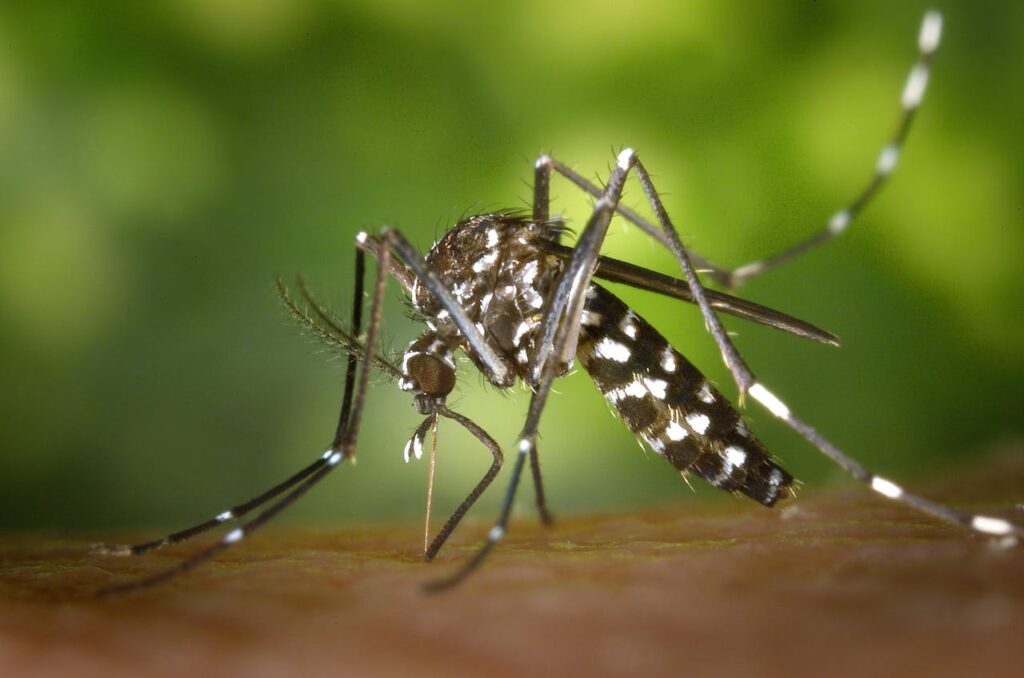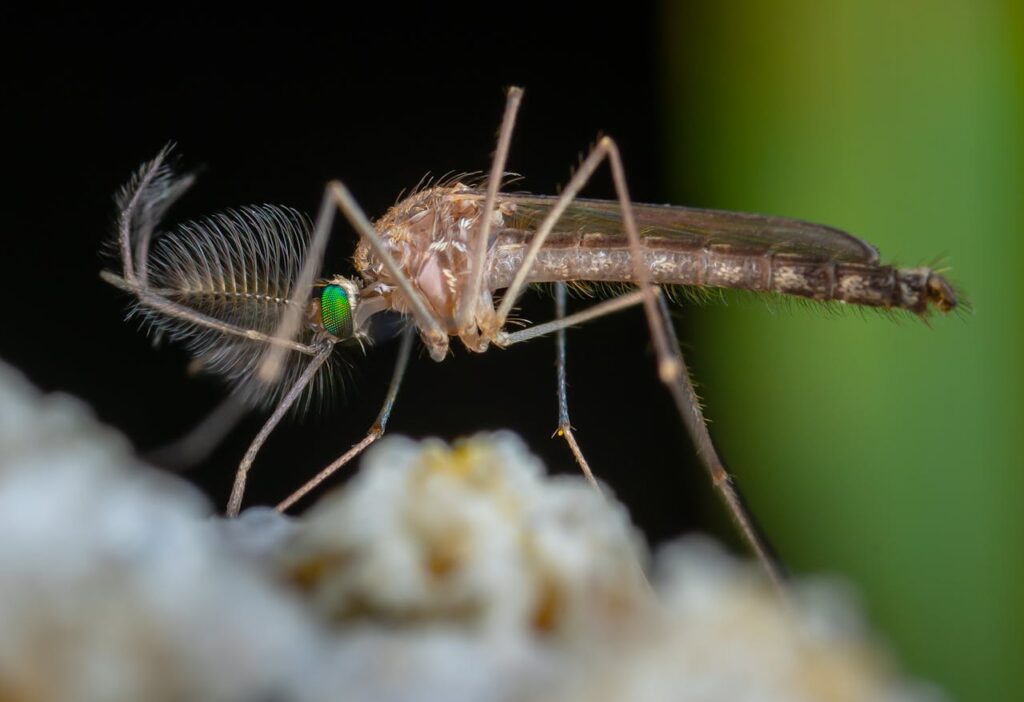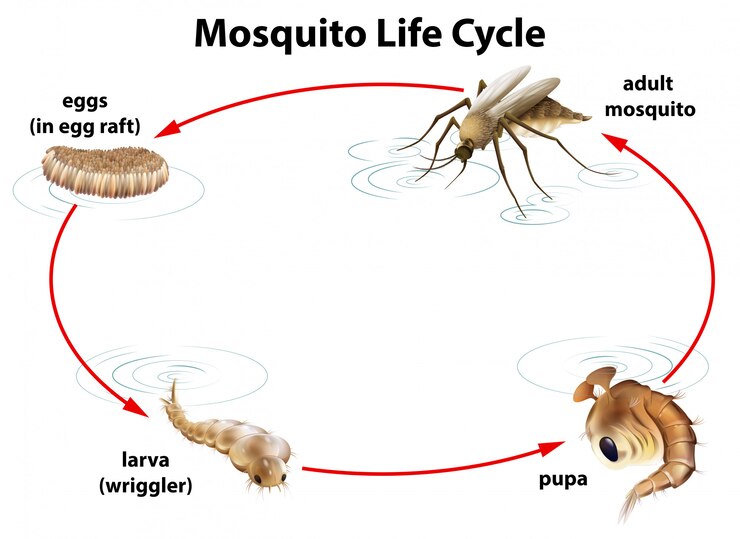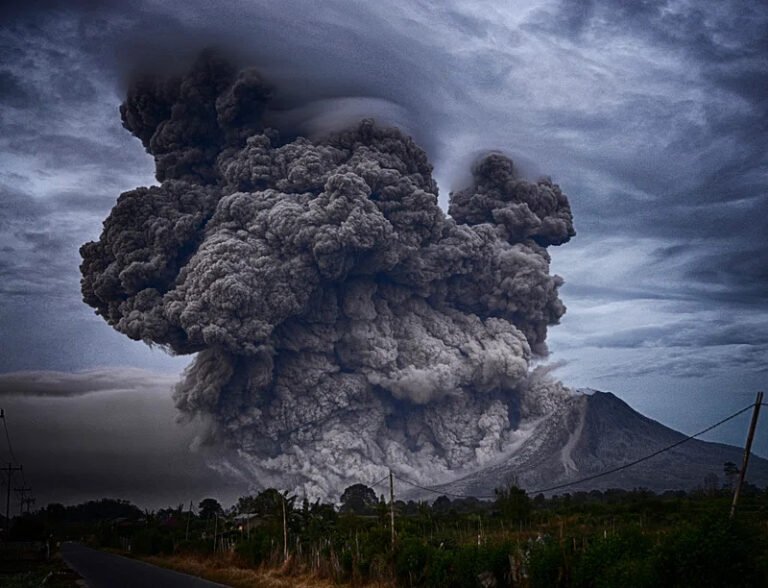How Do Mosquitoes Help the Environment?
Let’s be honest—no one likes mosquitoes. They invade our evenings, leave us covered in itchy bites, and worst of all, spread dangerous diseases like malaria, dengue, and the Zika virus. If there were an award for the world’s most hated insect, mosquitoes would probably win by a landslide.
But here’s something most people don’t realise: mosquitoes are actually an essential part of nature. As much as we wish they didn’t exist, they play crucial roles in keeping ecosystems balanced. They pollinate flowers, feed fish, birds, and bats, and even help regulate animal populations. In other words, mosquitoes aren’t just bloodsuckers—they’re tiny cogs in the giant machine of life.
This might sound surprising, even unbelievable. After all, how could something so irritating actually be useful? But science tells us otherwise. Research shows that without mosquitoes, entire ecosystems would suffer. So, instead of viewing them as just pests, maybe it’s time to see them for what they really are: an important, if annoying, part of our world.
In this guide, we’ll break down the surprising ways mosquitoes help the environment, with real-world examples, expert insights, and hard facts. You may never like them, but by the end, you might just respect them.

In This Article
- 1. Mosquitoes as Pollinators: A Surprising Role
- 2. Mosquito Larvae: The Foundation of Aquatic Ecosystems
- 3. Mosquitoes as Prey: Feeding Bats, Birds, and More
- 4. Mosquitoes and Disease Regulation: An Unexpected Benefit
- Should We Eradicate Mosquitoes? The Ethical Debate
- Conclusion
1. Mosquitoes as Pollinators: A Surprising Role
The Unseen Pollinators
Most people think of pollination and immediately picture bees, butterflies, or maybe even hummingbirds. But mosquitoes? That’s a harder one to believe. Yet, these tiny insects play an unexpected role in helping plants reproduce.
Here’s the surprising truth: Male mosquitoes don’t bite at all, and even some female mosquitoes prefer nectar over blood. As they fly from flower to flower, sipping nectar for energy, they unknowingly pick up pollen on their bodies and transfer it to other plants. In doing so, they help plants fertilise and produce seeds. It’s a job we often credit to bees, but mosquitoes do their fair share, too.
Scientific Evidence
A study published in the Proceedings of the National Academy of Sciences (PNAS) found that mosquitoes play a role in pollinating orchids—specifically Platanthera obtusata, a delicate species that thrives in North America’s boreal forests (Lahondère et al., 2019). Researchers discovered that these orchids emit specific olfactory cues that attract mosquitoes and found that they were one of the primary pollinators. Without them, these orchids might struggle to reproduce.
Expert Insight: Dr. Erica McAlister, an entomologist at the Natural History Museum in London, emphasizes the often-overlooked ecological importance of mosquitoes. Not all mosquitoes are interested in biting humans for a blood meal or transmitting diseases—only the females of about 10 species pose significant problems for humanity out of approximately 3,600 true mosquito species. She notes that while mosquitoes generally have a negative reputation, all male mosquitoes are pollinators, contributing to the pollination of various plant species. This role is understated but essential in maintaining biodiversity.
Case Study: Arctic Tundra Pollination
In the Arctic, where bees are present but limited due to extreme conditions, mosquitoes play a significant role in pollinating tundra flowers. Research indicates that mosquitoes, particularly during their adult stage, consume plant nectar and contribute to the pollination process, thereby supporting fragile ecosystems in one of the harshest environments on Earth.
Key Takeaway: Without mosquitoes, certain plant species—especially in remote ecosystems—would struggle to reproduce.

Learn More: 15 Best Eco-Friendly Insect Control Methods Backed by Studies
2. Mosquito Larvae: The Foundation of Aquatic Ecosystems
A Food Source for Many Species
Believe it or not, mosquito larvae are like fast food for many freshwater creatures. Without them, entire ecosystems could collapse. Fish like guppies, killifish, and goldfish feast on them daily. Frogs and salamanders rely on them as an essential protein source. Even insects—like dragonfly nymphs and water beetles—depend on mosquito larvae to survive.
Now, imagine if mosquito larvae suddenly disappeared. Fish populations would struggle, amphibians would face food shortages, and insect predators like dragonflies could dwindle. This might not seem like a big deal at first, but the environment functions through a carefully maintained equilibrium. When one species suffers, the entire ecosystem feels the impact.
Research has shown that mosquito larvae are a crucial food source for some freshwater fish species in tropical wetlands. For example, the mosquitofish (Gambusia affinis) can consume several hundred mosquito larvae daily, and the Cauca molly (Poecilia caucana) also feeds on mosquito larvae alongside algae. That’s not just a snack—it’s a staple.”
A Real-World Example: The Dragonfly Decline
Dragonflies are some of nature’s best pest controllers, especially when it comes to mosquitoes. Their aquatic nymphs feast on mosquito larvae, helping to keep populations in check. Research shows that a single dragonfly nymph can devour up to 40 mosquito larvae per day, leading to an impressive 45% reduction in mosquito numbers daily.
But here’s the problem—pesticides meant to kill mosquitoes are also wiping out dragonflies. Studies from Japan reveal that after the introduction of insecticides like fipronil and imidacloprid in the late 1990s, red dragonfly populations (Sympetrum frequens) plummeted. These chemicals are highly toxic to dragonfly nymphs, disrupting their natural role as mosquito predators.
This isn’t just bad news for dragonflies—it’s bad for us too. With fewer dragonflies around, we lose one of nature’s most effective pest control systems, which can lead to an increase in other harmful insects, including crop-damaging pests.
Key Takeaway: Mosquito larvae are not just pests; they are foundational to many aquatic food chains.

3. Mosquitoes as Prey: Feeding Bats, Birds, and More
A Food Source for Many Creatures
Mosquitoes, both as larvae and adults, are a major food source for:
- Birds – Swallows, purple martins, and warblers feast on mosquitoes, especially during migration when they need high-energy meals.
- Bats – These nighttime hunters rely heavily on mosquitoes, with some species consuming thousands in just a few hours.
- Other Insects – Spiders, ants, and predatory beetles all snack on mosquitoes, helping keep their populations in check.
The Bat Connection
Bats are nature’s pest control agents. A single little brown bat (Myotis lucifugus) can eat up to 1,000 mosquitoes per hour. In areas where mosquito populations decline sharply—whether due to pesticides or human intervention—bat populations often suffer.
Dr. Merlin Tuttle, a renowned bat ecologist, emphasizes that while bats do consume mosquitoes, their role in mosquito control is complex. In his article “Bats and Mosquito Control,” Dr. Tuttle notes that “mosquito-eating bats may also die out in some areas due to loss of suitable hibernation caves.” He further explains that “loss of biodiversity threatens whole ecosystems, which cannot be restored by simply providing bat houses.” This suggests that reducing mosquito populations too aggressively can disrupt local ecosystems and negatively impact bat species that rely on them as a food source.
Case Study: How Mosquito Control Affected Birds in Florida
A large-scale mosquito eradication program in Florida’s Everglades had an unexpected side effect: swallow populations declined significantly. Why? With fewer mosquitoes, there were fewer insects available for birds to eat.
Key Takeaway: Eliminating mosquitoes would have cascading effects on many species that rely on them for food.
Learn More: 10 Endangered Animals That Help the Environment
4. Mosquitoes and Disease Regulation: An Unexpected Benefit
How Mosquitoes Help Control Animal Populations
While mosquitoes transmit diseases that harm humans, they also play an unexpected role in keeping nature balanced. As strange as it may sound, mosquito-borne illnesses help control animal populations by preventing certain species from growing unchecked. This might seem cruel, but in the wild, overpopulation can lead to food shortages, habitat destruction, and the spread of even deadlier diseases.
A real-world example of this can be seen in Hawaii, where avian malaria, a disease carried by mosquitoes, has shaped bird populations. Without this natural control, certain bird species could dominate, outcompeting others and throwing the delicate ecosystem off balance. Similarly, in various wildlife populations across the world, mosquito-borne diseases help keep numbers in check, ensuring that no single species overwhelms an environment.
Of course, this doesn’t mean that mosquito-borne diseases are a good thing in all cases—far from it. But from an ecological standpoint, nature often works in ways that aren’t immediately obvious to us.
Scientific Perspective
Dr. Andrew Dobson, a professor of ecology and evolutionary biology at Princeton University, has extensively studied the relationship between disease and biodiversity. His research highlights that while mosquito-borne diseases can be harmful, they also play a role in regulating animal populations, preventing unchecked growth, and maintaining ecological balance. In some cases, diseases help control host populations, reducing competition for resources and supporting biodiversity. However, Dr. Dobson also notes that a loss of biodiversity can increase disease transmission, emphasizing the complex interplay between ecosystems and infectious diseases.
Key Takeaway: Mosquitoes, though vectors of disease, can also help maintain ecological balance by preventing species overpopulation.
Should We Eradicate Mosquitoes? The Ethical Debate
Given their role in ecosystems, the idea of completely eradicating mosquitoes sparks ethical and environmental concerns. While controlling disease-carrying species like Anopheles (which spreads malaria) and Aedes (which spreads dengue and Zika) is necessary, wiping out all mosquitoes could have unintended consequences.
Genetic Modification vs. Ecological Balance
In recent years, scientists have been exploring genetic modification as a way to control mosquito populations without causing widespread environmental disruption. One of the most well-known projects, led by the biotechnology company Oxitec, introduced genetically modified Aedes aegypti mosquitoes into the wild. These mosquitoes were engineered to pass on a self-limiting gene that causes their offspring to die before reaching adulthood. In areas where this method was tested, mosquito populations plummeted, and disease transmission significantly declined. Sounds like a win, right?
Yes and no. While genetic modification offers a targeted way to reduce disease-carrying mosquito species, scientists warn that we must proceed with caution. If we drastically reduce or eliminate them, we could unintentionally disrupt food webs and cause declines in species that rely on mosquitoes for survival.
Expert Insight: Expert Insight: Dr. David Suzuki, a renowned geneticist and environmentalist, emphasizes the profound interconnectedness of all species within Earth’s ecosystems. He warns that the extinction of even a single species can trigger a cascade of unforeseen and potentially catastrophic ecological consequences.
This brings us to an important question: should we focus on completely wiping mosquitoes out, or should we find smarter, more balanced ways to manage them? Many experts believe that instead of total eradication, the best approach is targeted mosquito control—reducing the species that spread disease while allowing those that play vital ecological roles to continue existing.
Key Takeaway: Targeted mosquito control is preferable to complete eradication.
Conclusion
While mosquitoes are frustrating and sometimes dangerous, they also serve vital ecological functions. From pollination to food chains, their presence helps sustain biodiversity. Instead of seeking to eliminate them entirely, we should focus on balanced mosquito control—minimising disease transmission while preserving their ecological roles.
Actionable Steps:
- Support Natural Predators – Encourage bats, dragonflies, and birds in your area.
- Use Eco-Friendly Mosquito Control – Opt for larvicides that target disease-carrying species while preserving ecological balance.
- Plant Mosquito-Pollinated Flowers – If you have a garden, consider growing native plants that benefit from mosquito pollination.
- Stay Informed – Follow scientific advancements in mosquito control and biodiversity conservation.
Next time you hear that annoying buzz, remember—mosquitoes aren’t just pests. They are part of a delicate, interconnected world that we all share.







